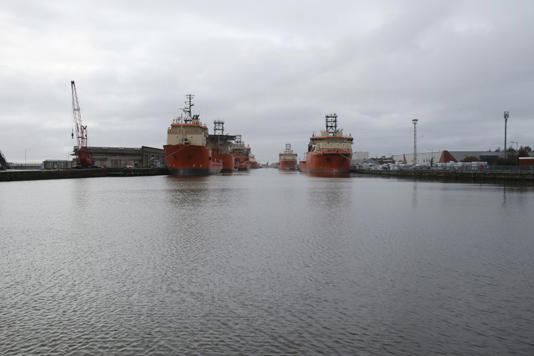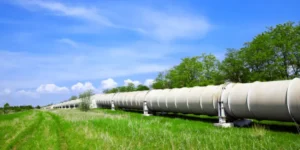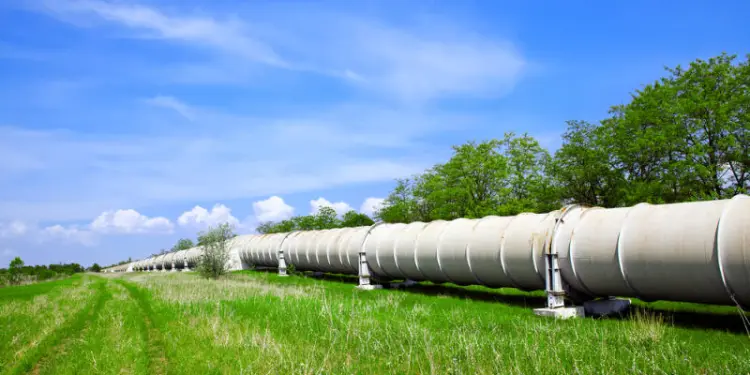By Arunima Kumar and Ron Bousso
LONDON (Reuters) – Britain’s decision to increase a windfall tax on oil and gas producers to help pay for its push to grow renewables will lead to a sharp drop in revenue and accelerate the ageing basin’s decline, North Sea drillers said.
The new Labour government announced on Monday it will increase the Energy Profits Levy (EPL) by 3% to 38% starting Nov. 1, bringing the headline rate of tax on oil and gas activities to 78%, among the highest in the world.
It will also scrap the levy’s 29% investment allowance, which allows companies to offset tax from capital that is re-invested. Its duration was also extended to March 2030.
The measures will “ensure oil and gas companies contribute more towards our clean energy transition,” a Treasury spokesperson told Reuters. The government has set up a state-backed power company GB Energy to help to sharply grow its renewables capacity and decarbonise the power sector by 2030.
Francesco Mazzagatti, CEO of oil producer Viaro Energy, said that the new proposal are not conducive to the stated net-zero goals.
“Industry reports overwhelmingly prove that a reliance on oil and gas will be required in the decades to come, and the imports are significantly more emissions-intensive than the local supply,” Mazzagatti said.
Consultancy Wood Mackenzie said the EPL could raise 1.2 billion pounds ($1.54 billion) per year, or 6 billion pounds over the next parliament, but warned it would also lead to a “premature slowdown of investments” in the sector.






